Jakarta, MINA – The Nahdlatul Ulama Community Organization supports and views the importance of regulating the implementation of Carbon Economic Value (NEK) in laws and regulations to reduce carbon dioxide and greenhouse gas emissions as an effort to overcome global warming and preserve the environment.
This is one of the points of agreement between the Bahtsul Masail Qanuniyah Commission at the Alim Ulama National Conference and the Nahdlatul Ulama Grand Conference as read by Sarmidi Husna, the Secretary of the Commission discussing legislation at a plenary session, in Jakarta on Sunday.
“The implementation of the Carbon Economic Value (NEK) can take the form of a carbon tax, carbon trading, and performance-based payments for the achievement of emission reduction areas,” said Sarmidi.
NU views that the carbon tax is a compensation for losses for environmental damage caused by carbon emissions.
Also Read: Maemuna Center Joins Indonesian Women’s National Movement to Boycott Pro-Israel Products
The results of the carbon tax must be allocated for environmental protection and preservation, including payment of compensation for the achievement of emission reduction areas.
The implementation of the carbon tax, continued Sarmidi, must be consistent with its main objectives, namely improving the environment and efforts to shift fossil-based energy to new and renewable energy, not merely as a source of state revenue.
“The implementation of a carbon tax must be synchronized with carbon trading as part of a green economy roadmap and there must be a re-discussion on how to calculate carbon so that it cannot be used as a business competition tool,” he said.
Sarmidi said regarding environmental issues, Nahdlatul Ulama at the 29th Congress in 1994 in Cipasung, West Java, had decided that environmental problems were no longer only political or economic problems, but also a theological problem (diniyah), given the impact of environmental damage also poses a threat to the interests of religious rituals and human life.
Also Read: MUI Urges Indonesian Government Action Amid Israel Product Boycott
Therefore, efforts to preserve the environment must be viewed and addressed as one of the religious demands that must be fulfilled by mankind, both individually and collectively.
“On the contrary, any action that causes damage to the environment is an act of immorality (munkar) and unlawful, because it is a detrimental act,” he added.
As scheduled for the NU Alim Ulama National Conference, the forum highlighted three legal issues in Indonesia.
These three issues include a review of Law Number 1/PNPS/1965 concerning Blasphemy of Religion, Carbon Tax in the Draft Law (RUU) of General Provisions on Taxation (KUP), and the Bill on the Prohibition of Alcoholic Drinks.
Also Read: Passenger Ferry Sinks in Bali Strait, SAR Teams Continue Search
This time, the Alim Ulama National Conference Forum and the 2021 NU Konbes have decided that the discussion of Law No. 1/PNPS/1965 on Blasphemy of Religion will be discussed at the upcoming 34th NU Congress, and will not be completed at the current National Conference forum.
The results of the commission sessions at the Alim Ulama National Conference and the 2021 NU Konbes were submitted and decided in a plenary session which will be continued with the closing ceremony. (T/RE1)
Mi’raj News Agency (MINA)
Also Read: MER-C Condemns Killing of Indonesia Hospital Director in Gaza Airstrike






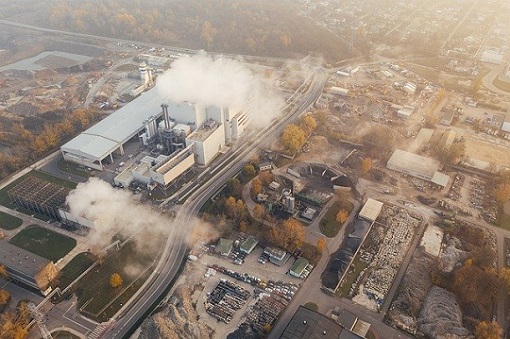


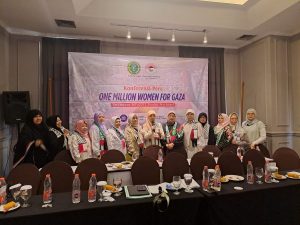



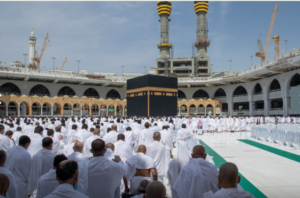
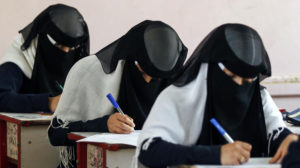
![MUI Chairman for Foreign Relations and International Cooperation, Sudarnoto Abdul Hakim (center) at the One Million Women for Gaza Press Conference entitled "Women Boycott Pro-Israel Products" held at the Swiss-Belinn Cawang Hotel, East Jakarta, Thursday (3/7/2025). [Photo: Arina/MINA]](https://en.minanews.net/wp-content/uploads/2025/07/20250703_144042-scaled-1-300x225.jpg)
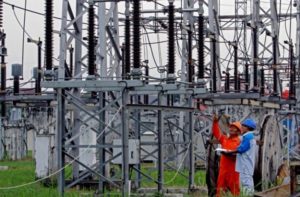
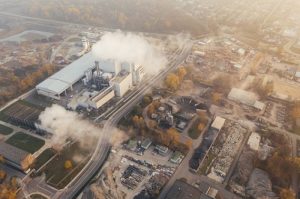
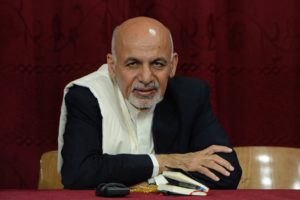
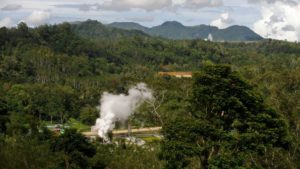








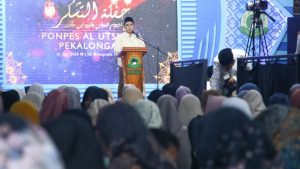






 Mina Indonesia
Mina Indonesia Mina Arabic
Mina Arabic